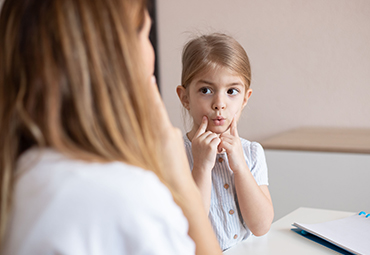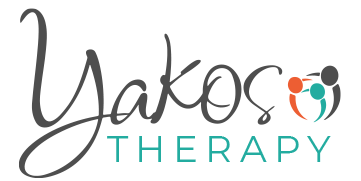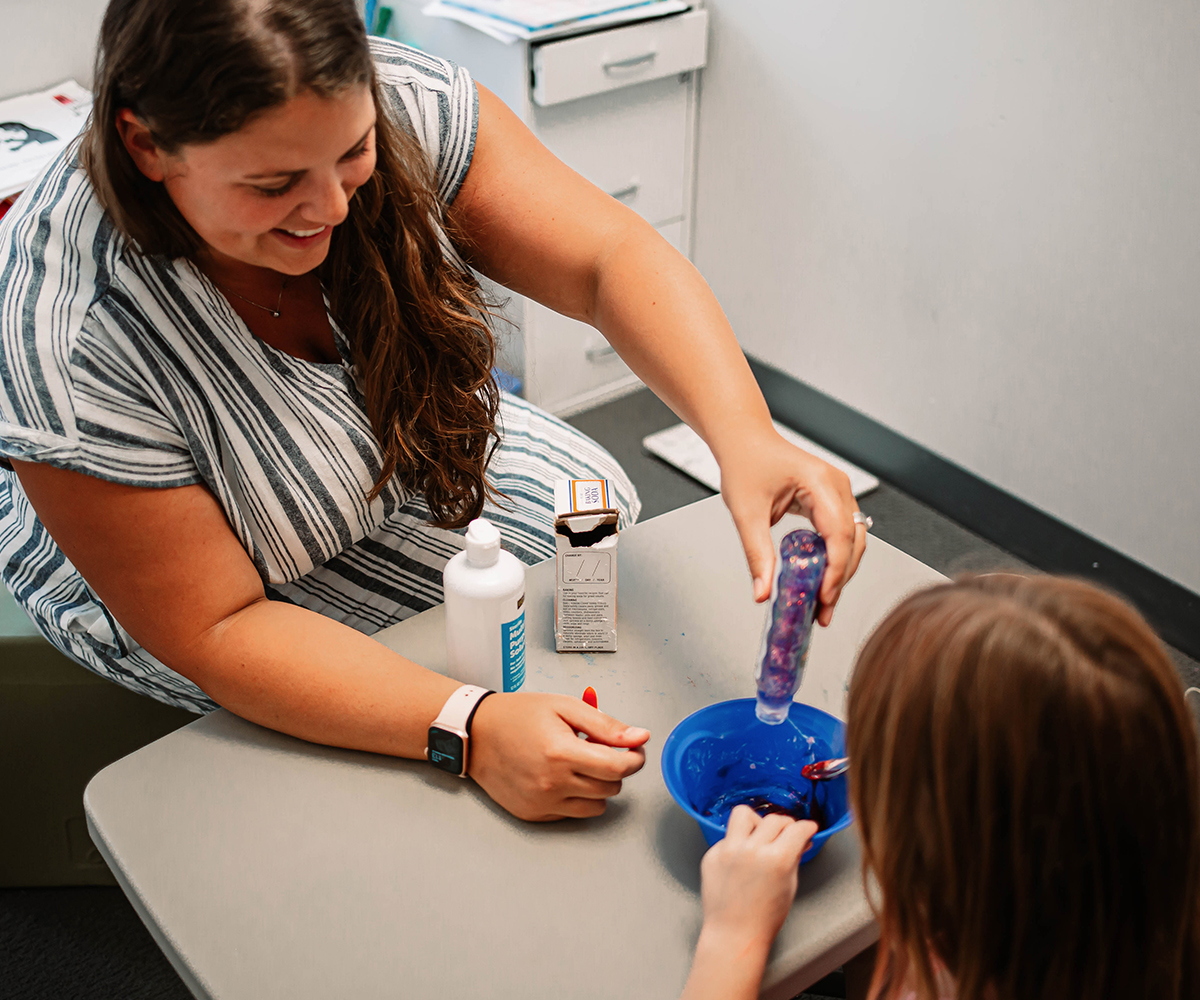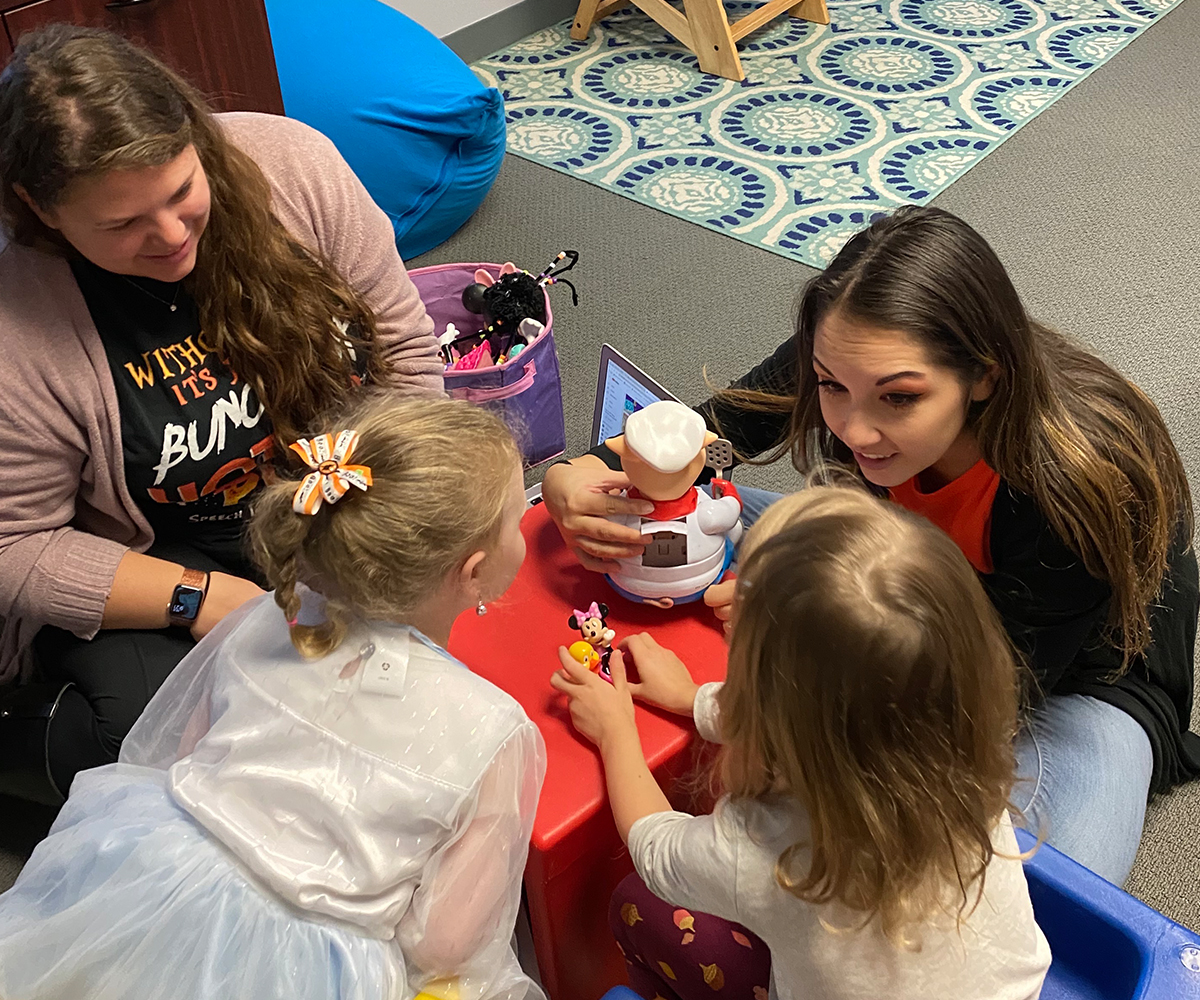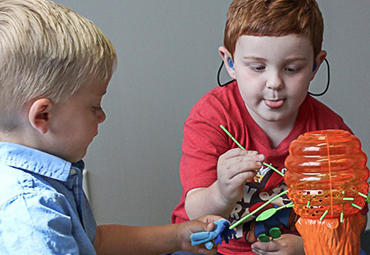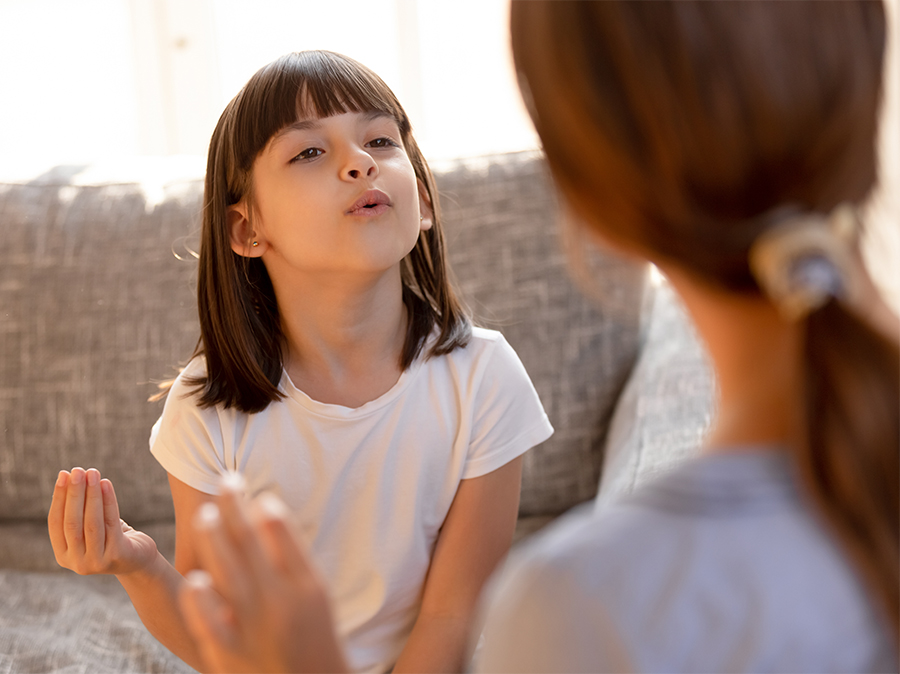
Bilingual Services - Spanish/English
Many variables make each bilingual experience its very own. Speakers with bilingual speech disorders require specific care from a speech-language pathologist (SLP). Bilingual SLPs must be able to provide comprehensive diagnostic and treatment services for speech, language, cognitive, voice, and swallowing disorders using the client’s/patient’s language. They must also have the linguistic proficiency to:
- describe the process of normal speech and language acquisition—for both bilingual and monolingual speakers of that language, including how those processes are manifested in oral and written language;
- select administer, and interpret formal and informal assessment procedures to distinguish between communication differences and communication disorders;
- apply intervention strategies for treatment of communication disorders in the language or mode of communication most appropriate for the needs of the individual.
Our Executive Director, Maria Yakos, is recognized by the Illinois Speech Hearing Association (ISHA) as a Bilingual and Bidalectical Service Provider. She is fluent in both Spanish and English with native proficiency in both and has taken advanced coursework in Spanish language grammar, literature, and writing, as well as, advanced coursework in assessment, diagnosis and treatment of bilingual language learners. Maria has completed coursework and language proficiency testing and has applied to be certified as a bilingual service provider by the Illinois State Board of Education (ISBE).
